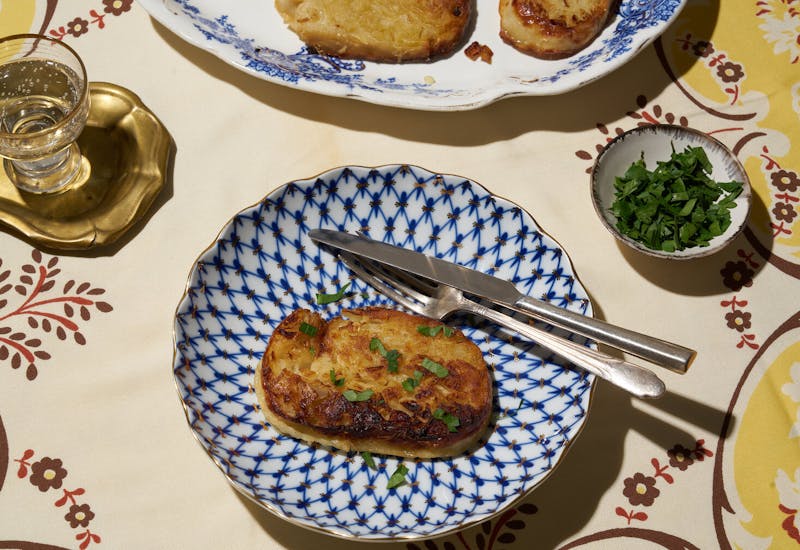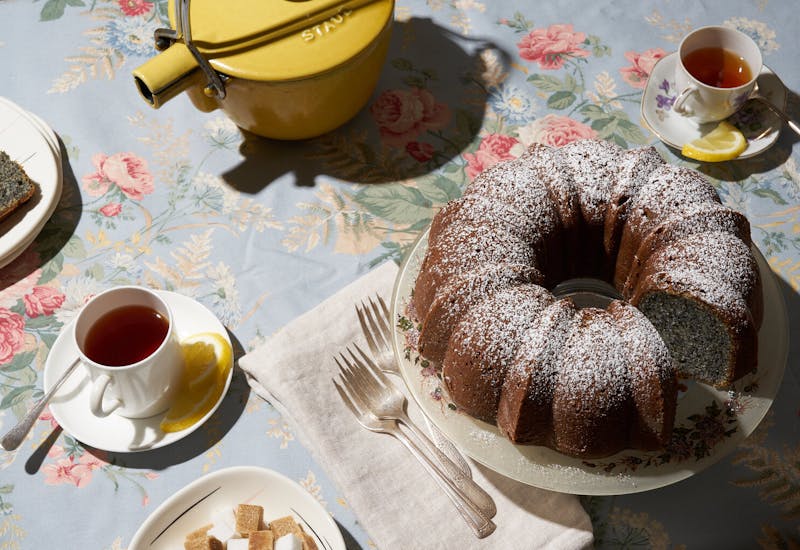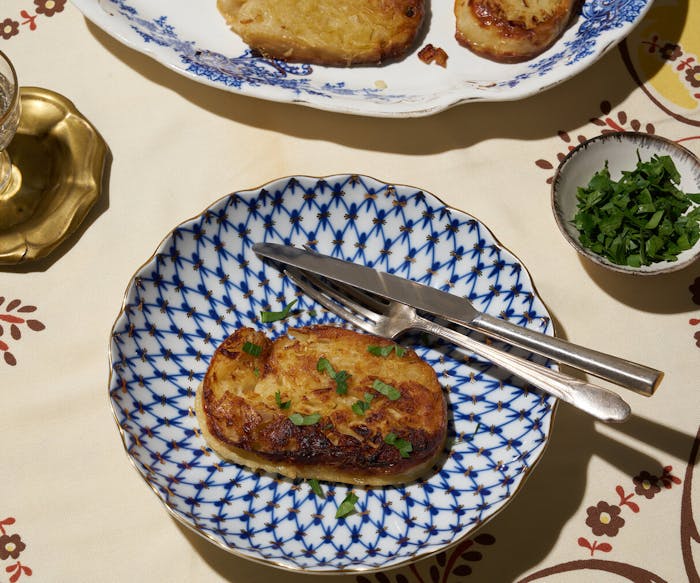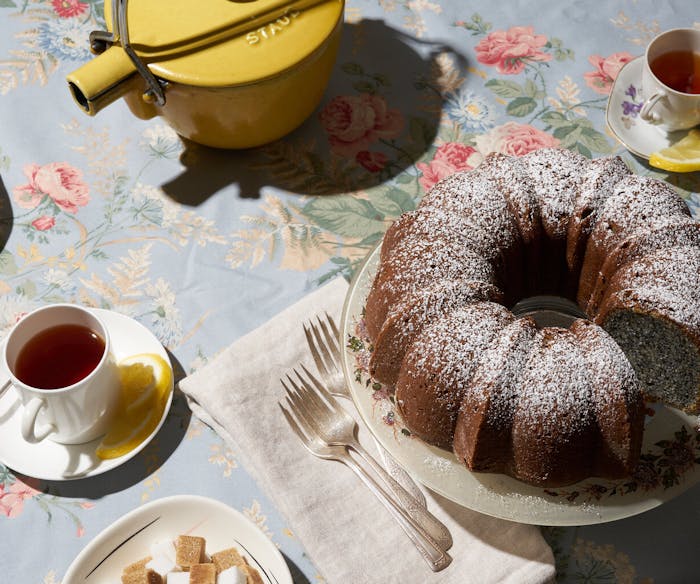Lyuba Sheynin is the type of cook who travels with her Russian recipes — across continents and oceans. She first learned to cook when she was 12 and her mother became ill. During World War II, as a German blockade kept Leningrad cut off, food in her community was scarce. She would make soup with half a cup of flour and fried bread on a wood-fired stove, her granddaughter Masha Lisak explained as we cooked with her earlier this year. Lyuba would use whatever was on hand, stretching and preserving ingredients.
That approach to cooking, is seen in her recipes like one for sheika, or stuffed chicken neck, which Lyuba describes as a uniquely Jewish dish. It’s a recipe she learned from her mother, Sofia Broide, who grew up in the Pale of Settlement. And one she used to make for Soviet holidays, since celebrating Jewish holidays was outlawed in the USSR.
Lyuba, who taught physics, brought recipes like this one when she moved with her husband Isidor from St. Petersburg across nine time zones to the Kamchatka Peninsula, in the far eastern reaches of Russia in the early 1950s. Here, she befriended a woman named Natasha, whose mother Raisa had fled from Stalin when Natasha and her sister were little, moving from St. Petersburg to Siberia for protection. Lyuba adopted one of her friend’s recipes as her own, a poppyseed cake. The recipe is so beloved in the family, it is served on birthdays and Masha has made a version in California where she lives, carrying the recipe almost a full circle around the globe.
When Lyuba came to the United States to lay the path for Masha and family in the mid-1990s, she brought that recipe, the chicken neck, her famed New Years Day gefilte fish, and others with her. Many of them are in notebooks that are written and rewritten over the years. “If she runs out of space or they get really greasy,” Masha explains, Lyuba will start another notebook, organizing them like dictionaries with notches on the side of the pages. And each time she prepares a recipe that’s not her own, Masha explains, she tells the table who the recipe is originally from.
When the family made a new life for themselves in Queens, New York, “the dinner table changed,” Masha says. “We were excited about the range of stuff that one could get.” For a few months, Jell-O salads graced the table as did other novelty items from American supermarkets. Eventually, though, the family circled back to its classics. And, Masha adds, “It’s not like anyone ever stopped cooking Russian food. My mom makes Russian food at home and that’s what they eat and that’s what I look forward to eating when I come visit them — Russian Jewish food.”



